The Space Race is Happening Again: Russia, India, China, and U.S. Are Traveling to New Heights
Once again, the world is witnessing a fervent space race reminiscent of the one that dominated headlines six decades ago.
This time, however, the competition has broadened, with powerhouses like the U.S., Russia, India, and China vying for a significant spot—the intriguing lunar south pole.
The Significance Behind the Lunar South Pole's Allure
Scientific advancements have identified an invaluable resource at the lunar south pole: traces of water ice.
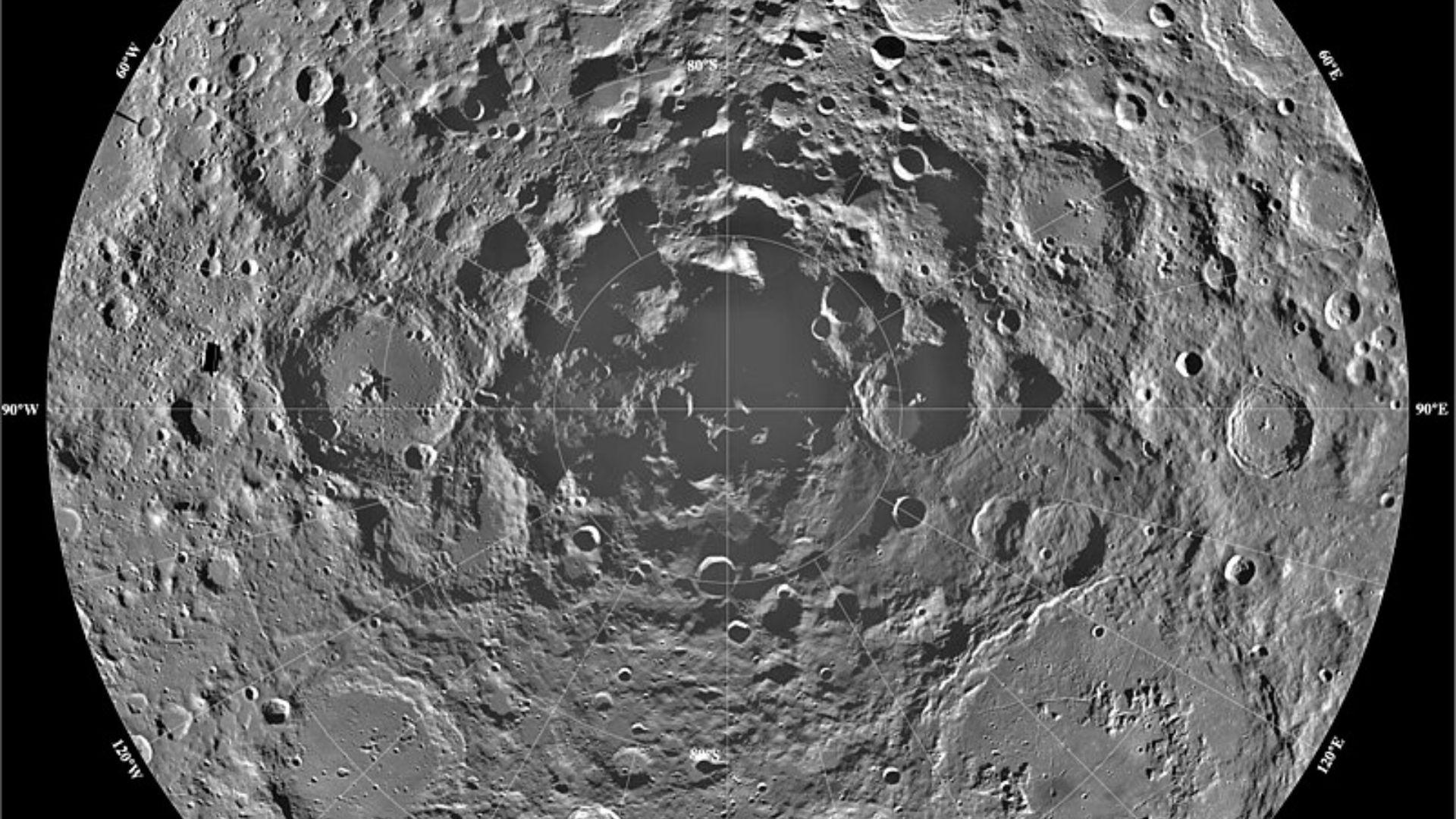
Source: Wikimedia Commons
This breakthrough magnifies the strategic importance of the region, considering water’s crucial role in sustaining life and enabling deeper space missions. It has become a beacon for space-faring nations, promising a myriad of exploration opportunities.
Russia Takes a Bold Leap After Decades
Breaking a 47-year-long lull in lunar exploration, Russia has boldly re-entered the scene. Their advanced spacecraft, which embarked on its journey recently, is on course to make its mark on the moon’s surface.
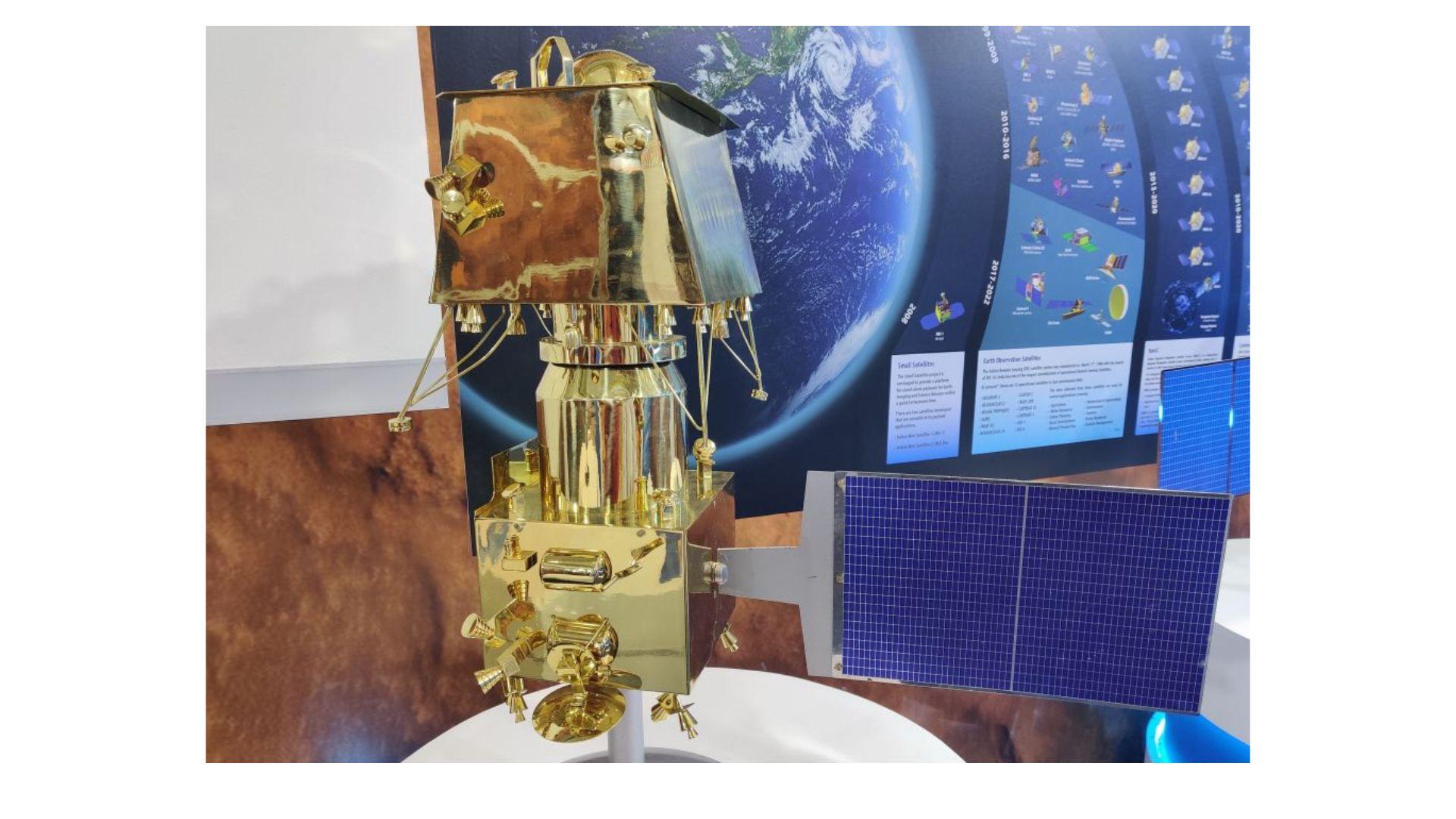
Source: Getty Images
Hot on their trail is India, showcasing its space capabilities with a planned lunar landing.
U.S. Sets its Ambitious Gaze: Astronauts by 2025
Drawing from its rich legacy of lunar exploration, the United States has outlined an audacious plan: to send astronauts to the moon’s south pole within the next 4 years.
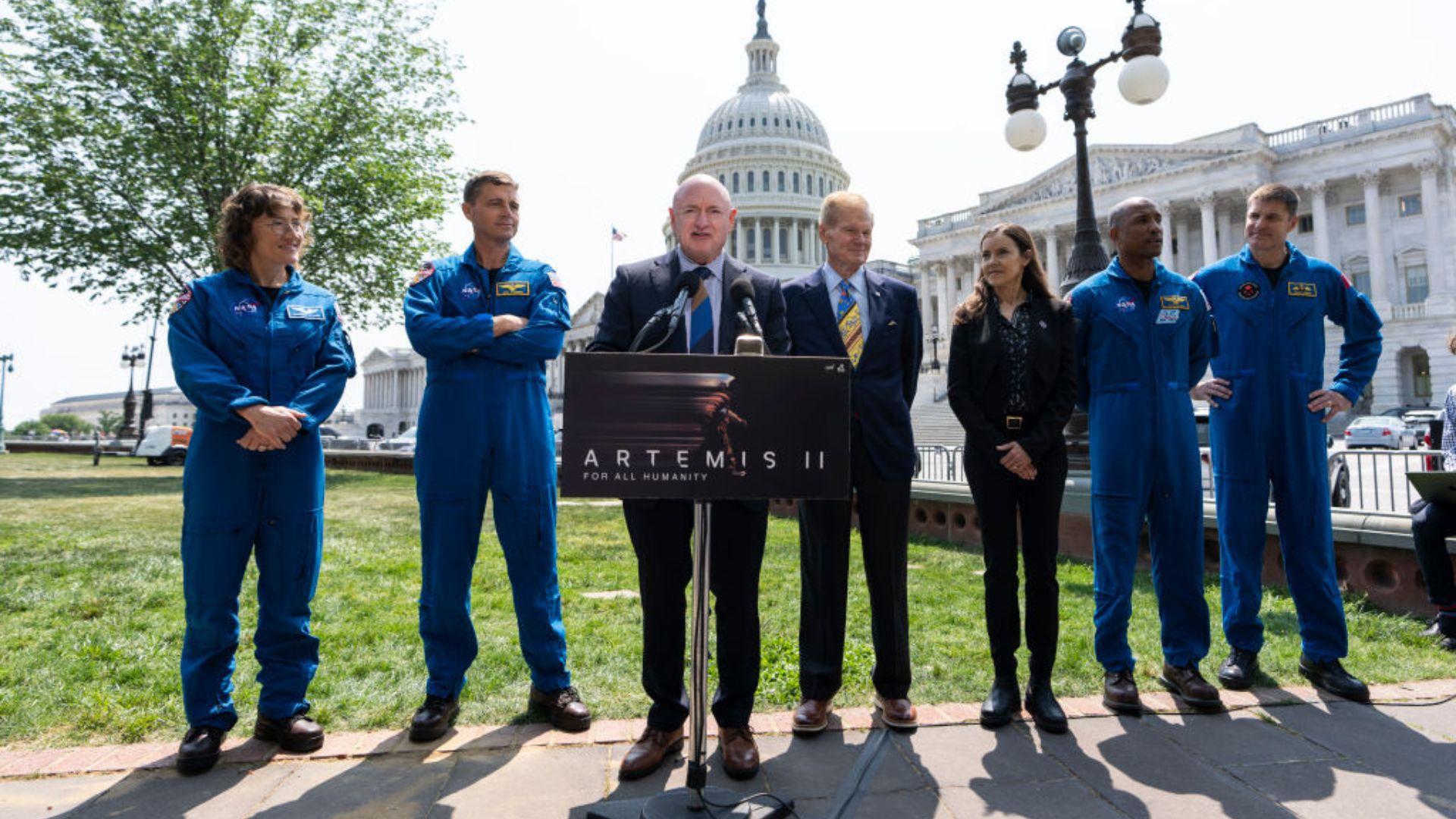
Source: Getty Images
This bold endeavor is an integral part of their larger objective to further consolidate their presence and leadership in outer space.
China's Expansive Blueprint for Moon Exploration
Emerging as a formidable force in space exploration, China has meticulously laid out its lunar ambitions.
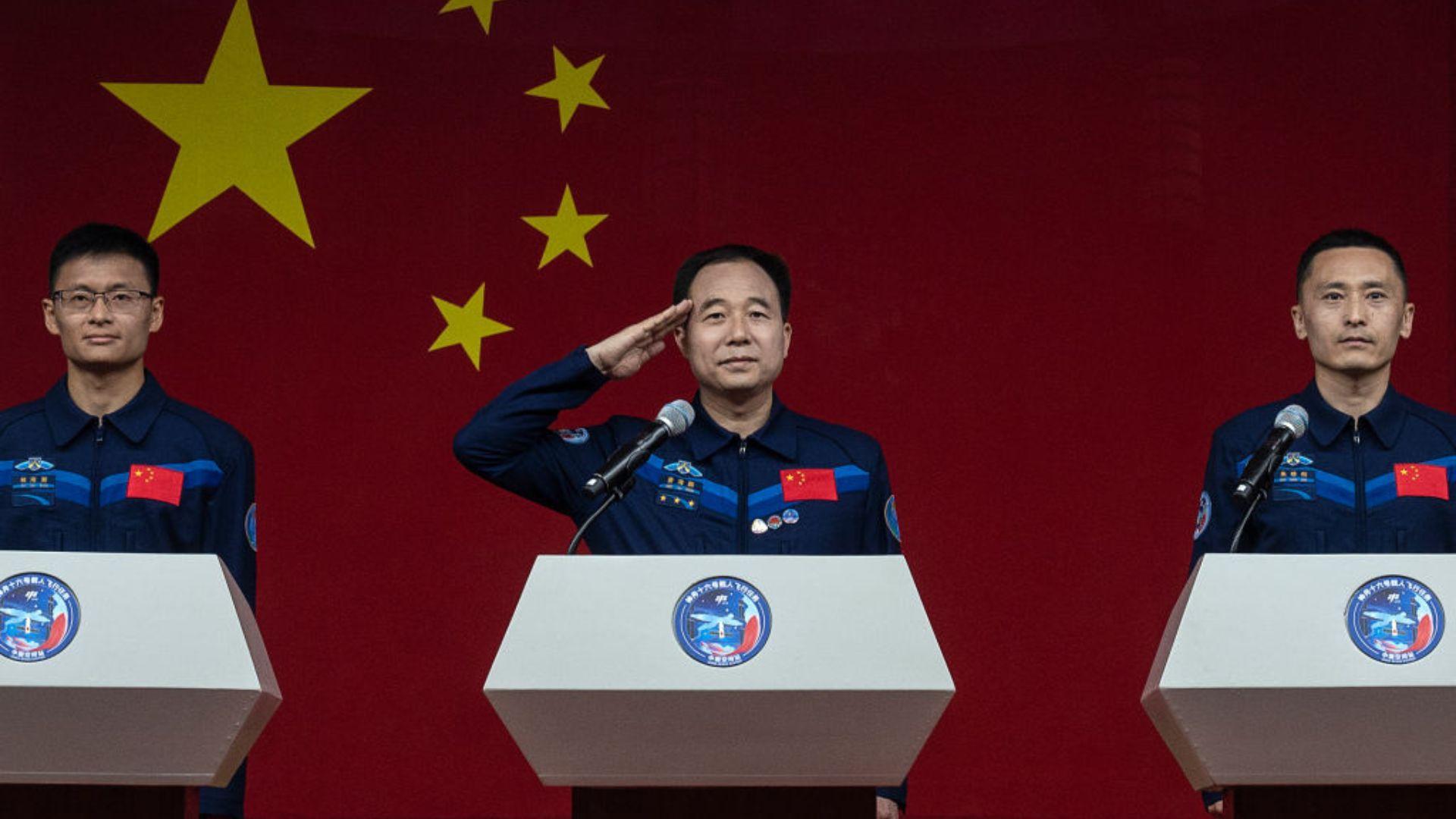
Source: Getty Images
Their roadmap includes a series of ambitious missions, involving both crewed and uncrewed expeditions, aimed at the lunar south pole. The intent is clear: to make significant strides in space before the decade ends.
The Revolutionary Potential of Lunar Water
The presence of water on the moon extends beyond mere sustenance for astronauts. This resource can be harnessed as rocket fuel, presenting the intriguing possibility of a lunar pit stop for space missions.
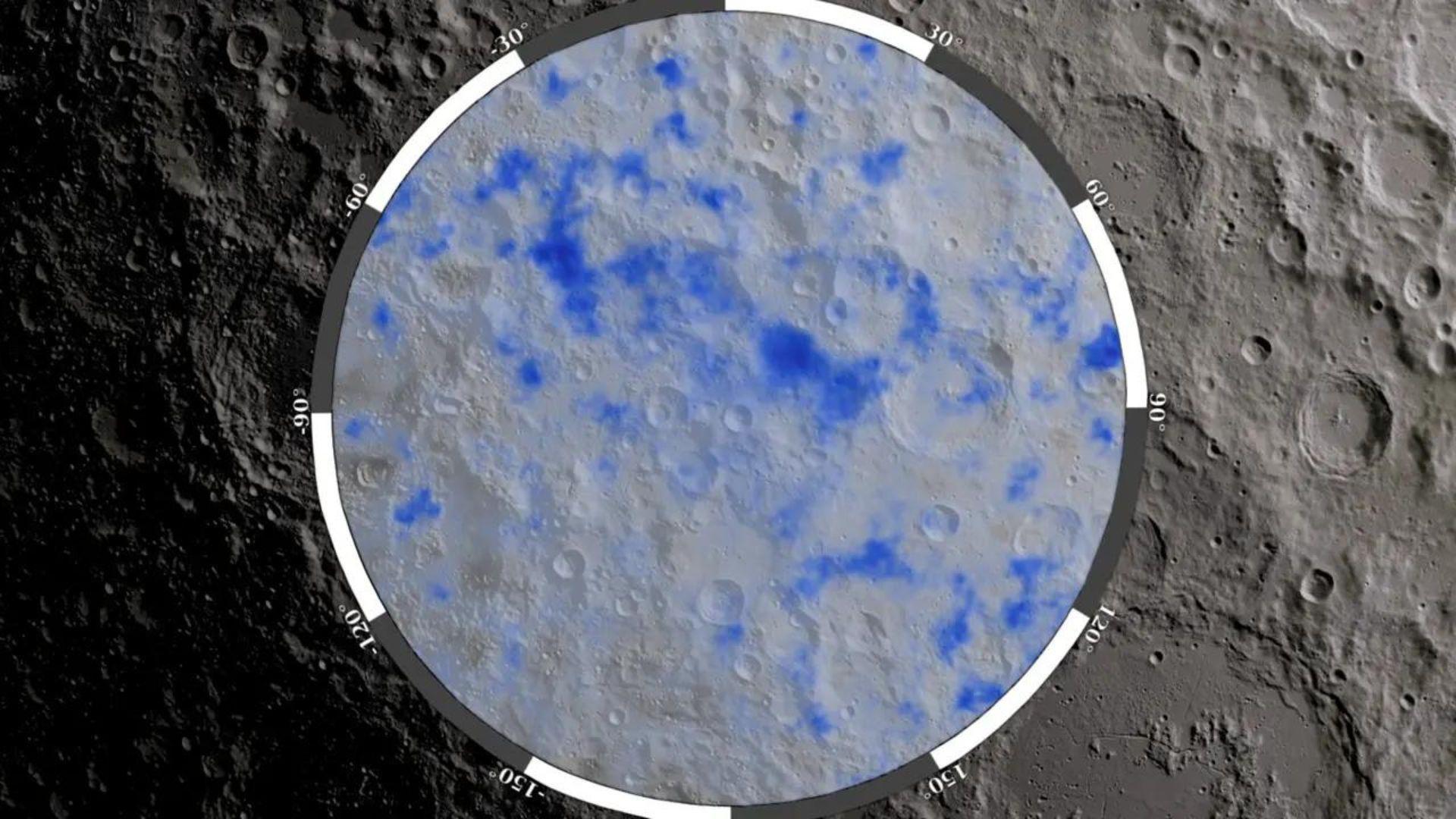
Source: NASA
With water, establishing a moon base becomes feasible, allowing it to serve as a launch point for even deeper space explorations.
Understanding the Complex Terrain of the Lunar South Pole
The south pole is unlike previous moon landing sites, and this difference isn’t trivial. NASA’s Bill Nelson emphasized the challenging nature of the landscape.

Source: NASA/GSFC/Arizona State University
Characterized by a plethora of deep craters, and many blanketed in unyielding darkness due to the sun’s positioning, it presents intimidating challenges that require meticulous planning and navigation.
Harnessing the Water: Future Possibilities and Promises
If the lunar south pole proves to be a reservoir of abundant water, it could usher in a new era for space exploration.
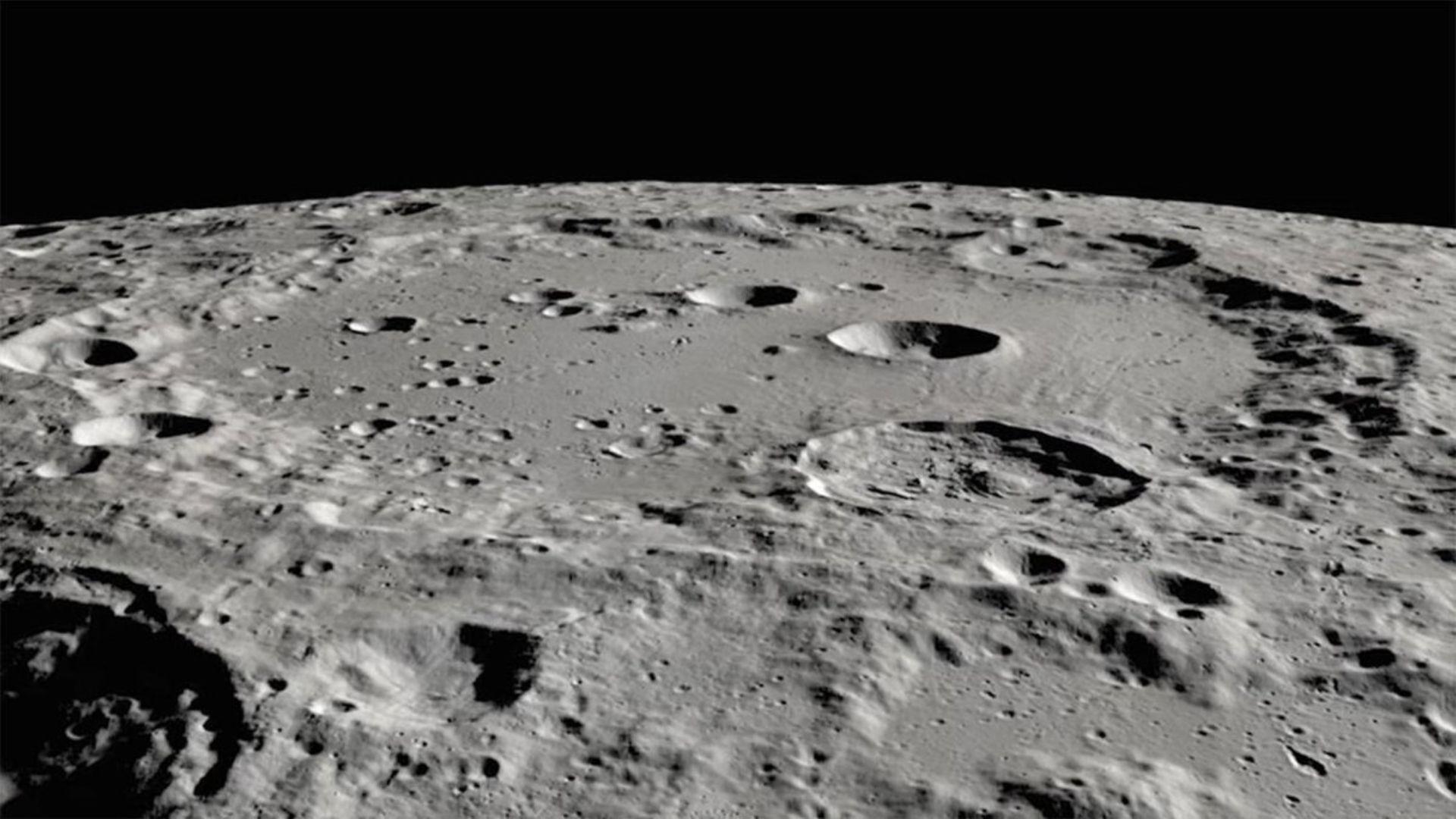
Source: NASA/USGS
This precious resource could become the lifeblood for sustaining future crews, maintaining spacecraft, and driving prolonged lunar missions, potentially revolutionizing our approach to exploring the cosmos.
Artemis II: NASA’s Forefront Mission on the Horizon
Before their groundbreaking 2025 landing mission, NASA is gearing up for the Artemis II mission—a crucial preparatory step.
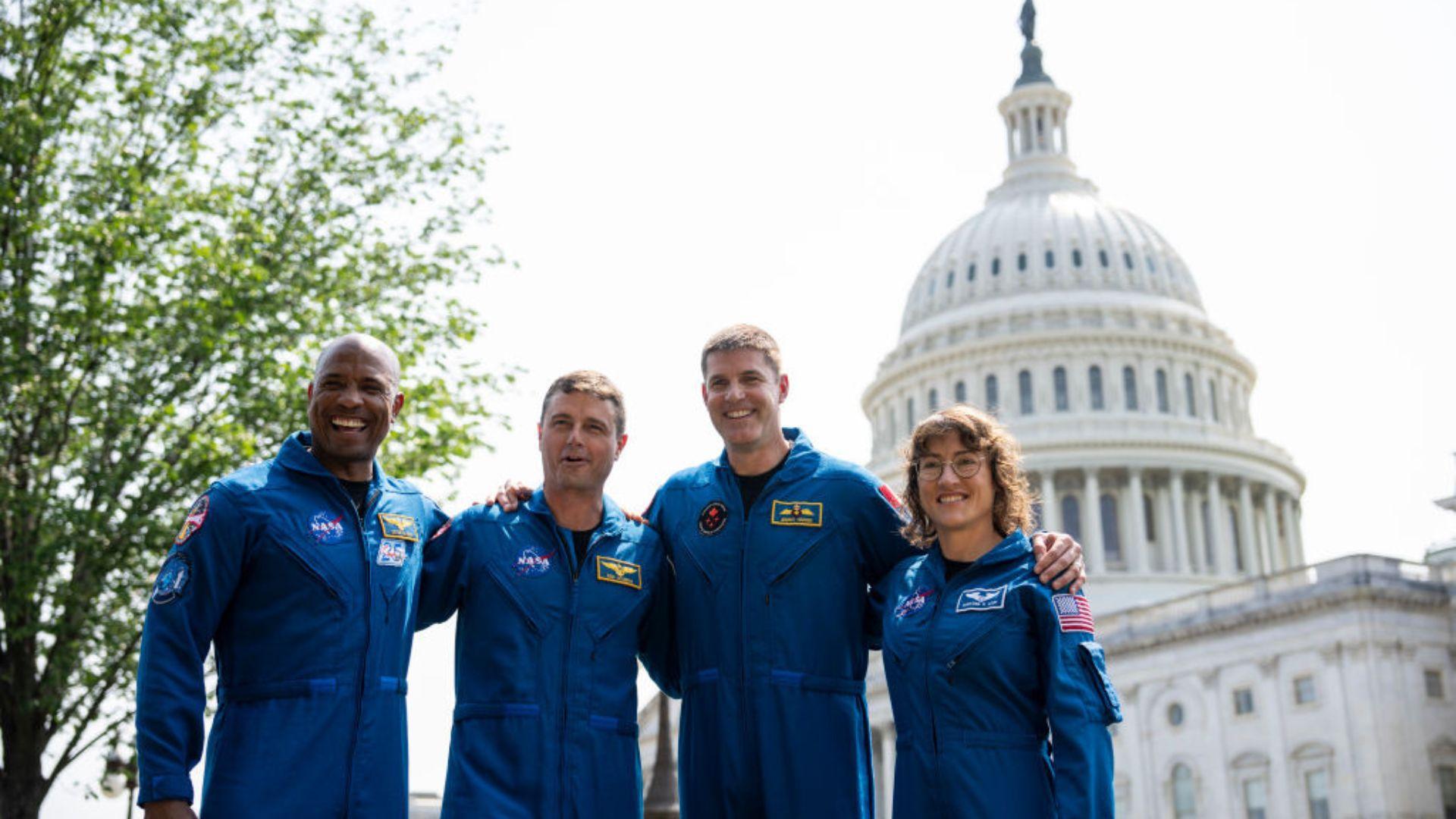
Source: Getty Images
Scheduled for next year, this mission entails sending astronauts to orbit the moon, gathering crucial data and experience, laying the groundwork for the subsequent landing.
U.S. and Russia: An Established Bond Rooted in Collaboration
Even amid the underlying competitive spirit of the space race, the U.S. and Russia have maintained a collaborative ethos, built over decades.
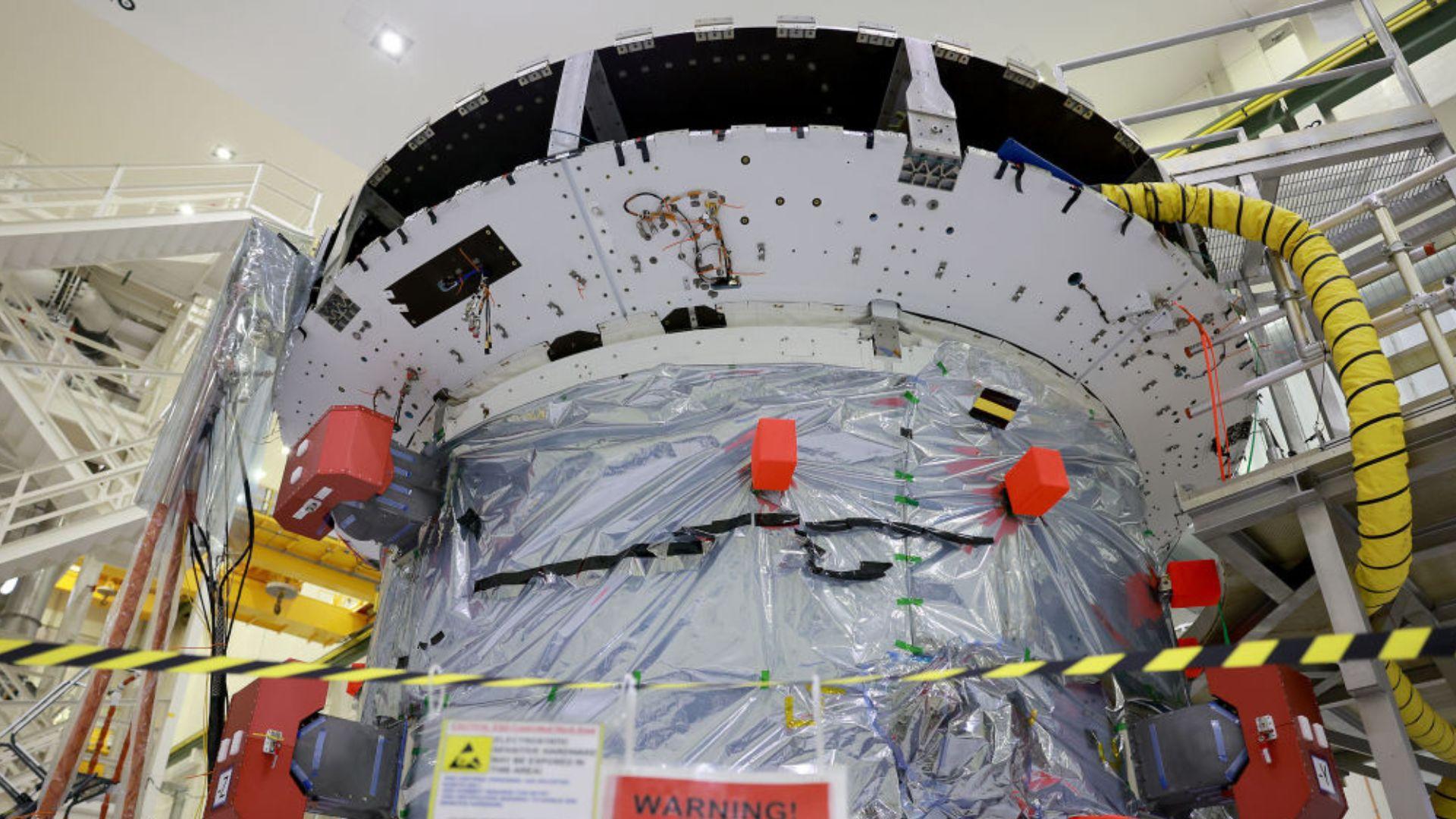
Source: Getty Images
Bill Nelson, echoing these collaborative sentiments, extended good wishes to Russia for their forthcoming lunar mission, highlighting the shared history of these two space giants.
The Impending Geopolitical Concerns and Considerations
While the exploration spirit drives the space race, geopolitical concerns linger. Nelson articulated apprehensions concerning potential territorial claims, spotlighting China.
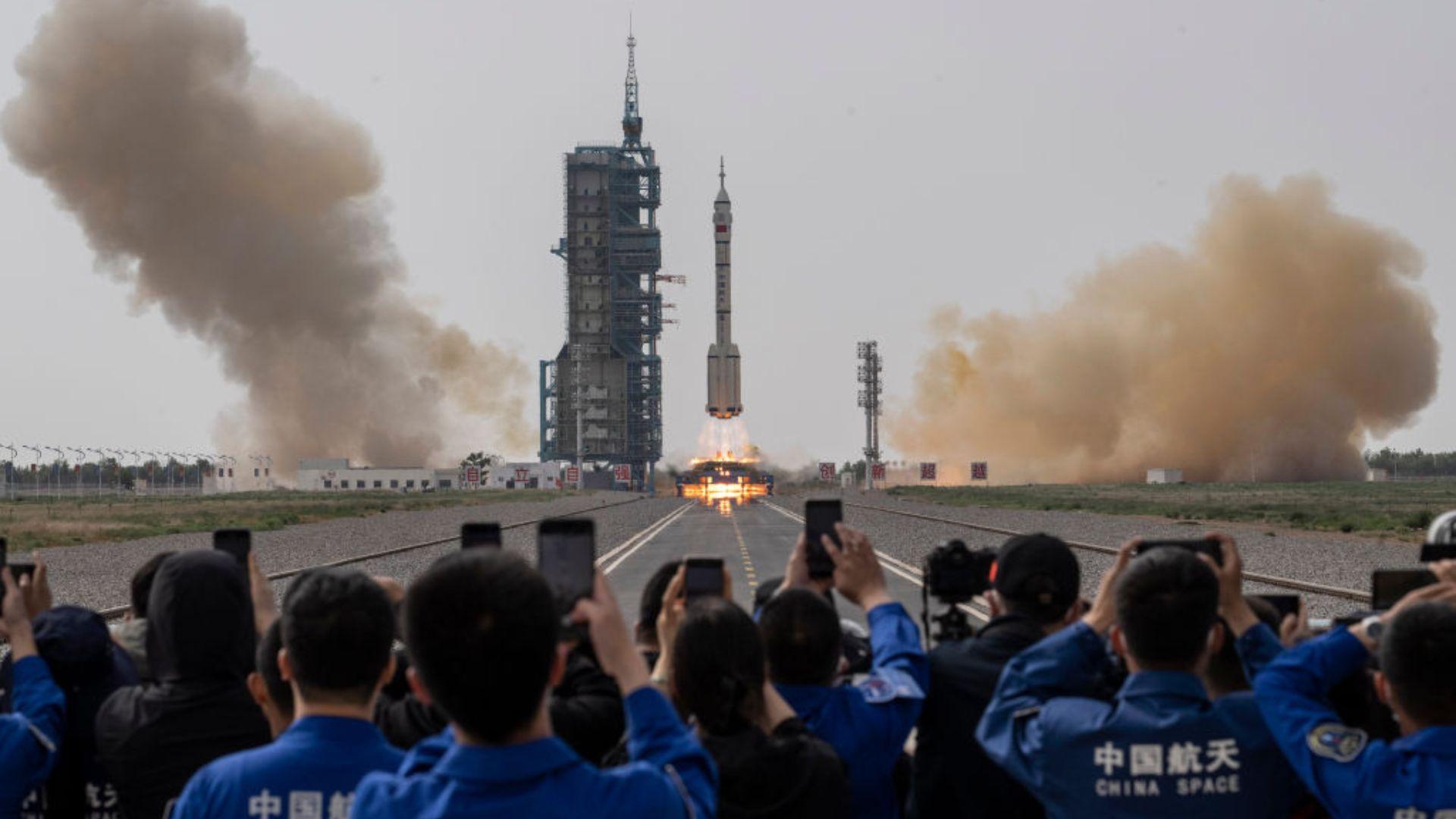
Source: Getty Images
If China achieves a lunar landing ahead of others, concerns about territorial dominance arise, given China’s absence from the international space resources agreement to which the U.S. is committed.
U.S. and China: The New Dynamic in Outer Space
As the current space landscape unfolds, attention is riveted on the emerging dynamics between the U.S. and China.
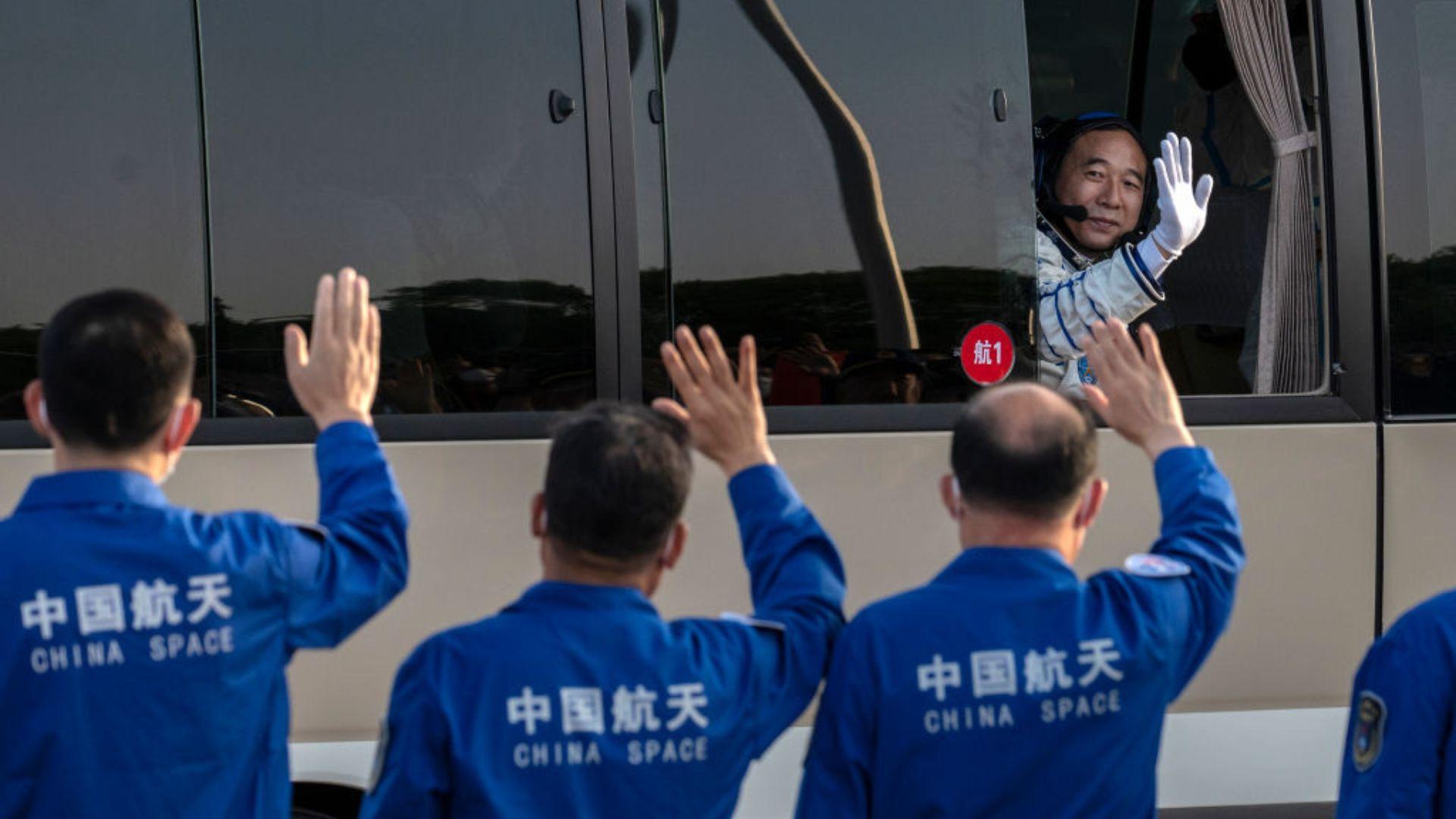
Source: Getty Images
With both superpowers accelerating their space agendas, their strategic decisions and maneuvers have significant implications, not just for each other but for the broader global community invested in space exploration.
